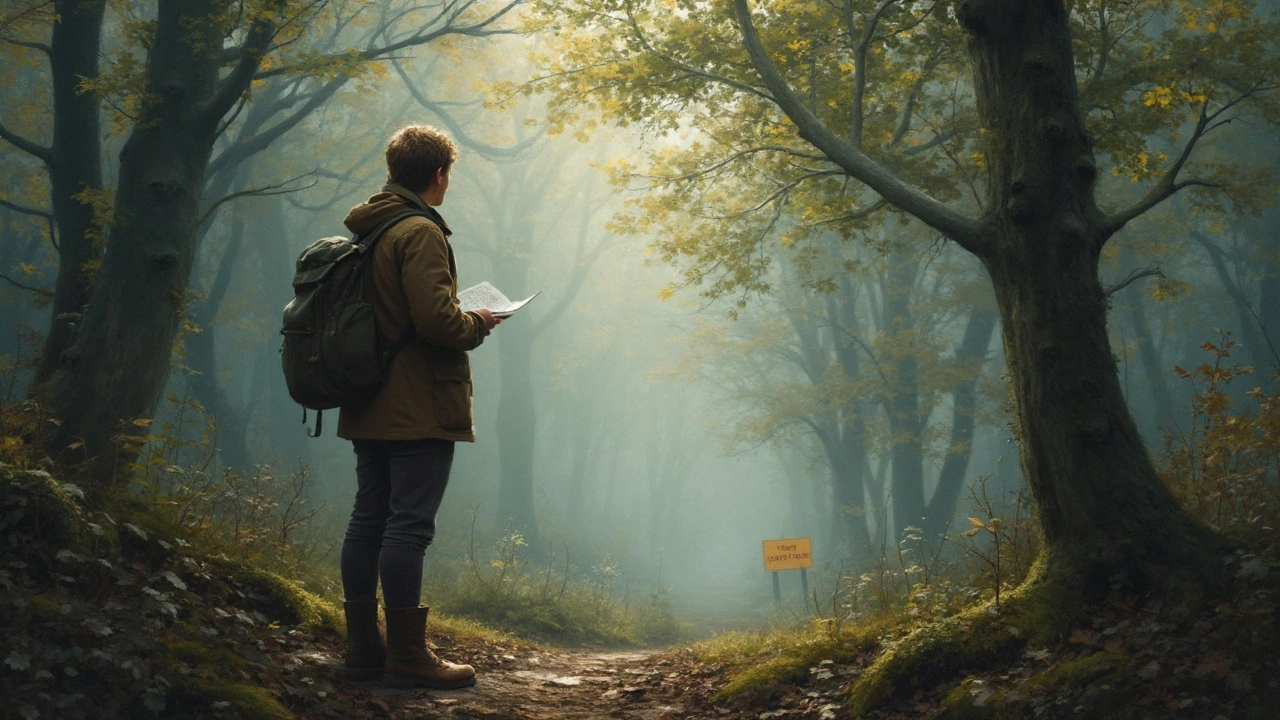Campsite Laws: The Real Rules You Should Follow on Your Motorhome Trip
Ever wonder why you sometimes get a warning sign or a ticket when you pull over to camp? The short answer is that the UK has a mix of local bylaws, national park rules, and common‑sense expectations. Knowing the basics can save you a night in a police car and keep your road trip fun.
Where You Can Camp Legally
Most council campsites and official motorhome pitches are safe ground – you’ve already paid the fee and the site is marked on the map. National parks are trickier: they often allow wild camping only in remote, low‑traffic areas and usually require you to leave no trace. Scotland is the most permissive, thanks to the Land Reform Act, but even there you need to respect private land and local restrictions.
Public beaches in England and Wales generally forbid overnight stays unless a specific local rule says otherwise. If you’re on a beach that’s owned by a local authority, look for signs that mention “no camping” or “restricted to daytime use.” Ignoring those signs can lead to fines or even a call to the police.
Stealth Camping and Boondocking: The Grey Areas
Stealth camping – parking your motorhome in a discreet spot and sleeping inside – is popular, but it’s not a free‑for‑all. Private landowners can ask you to move, and many local councils treat it as a breach of the Public Order Act if you cause a disturbance. The safest bet is to stay in areas where you’re allowed to park for a few hours, like some supermarkets or service stations, and keep your stay short.
Boondocking at places like Walmart in the US works because the store gives permission, but in the UK you need explicit permission from the landowner. Some service stations welcome overnight stays, but always check the signs or ask the staff first. If you’re caught sleeping on a highway verge, you could be fined for “unauthorised overnight parking.”
Quick tip: always carry a copy of the site’s rules or a screenshot of the official website. If you’re stopped, showing you’ve done your homework can sometimes defuse a tense situation.
Remember, the main goal of any campsite law is to protect the environment and neighbours. Keep noise down, use waste facilities, and leave the spot as you found it. Follow the “Leave No Trace” principle – pack out everything you bring in, avoid damaging grass, and respect wildlife.
If you’re unsure about a specific location, the local council’s website usually has a “Camping & Overnight Parking” section. You can also call the tourist information centre for up‑to‑date advice. A quick phone call can save you a night of frustration.
Bottom line: plan your stops, respect the signs, and when in doubt, ask. Staying on the right side of campsite laws means more nights under the stars and fewer headaches on the road.
-
 VIEW POST
VIEW POSTCan You Legally Live in the Woods? Answers for Forest Campsites
Jun, 15 2025|0 CommentsThinking about ditching city life and disappearing into the woods? It's not as simple as grabbing a tent and heading for the trees. This article breaks down the laws around living in the woods, especially at forest campsites, and digs into the gray areas nobody talks about openly. Find out what's legal, what's risky, and what you actually need to know before you pack up and try off-grid living.